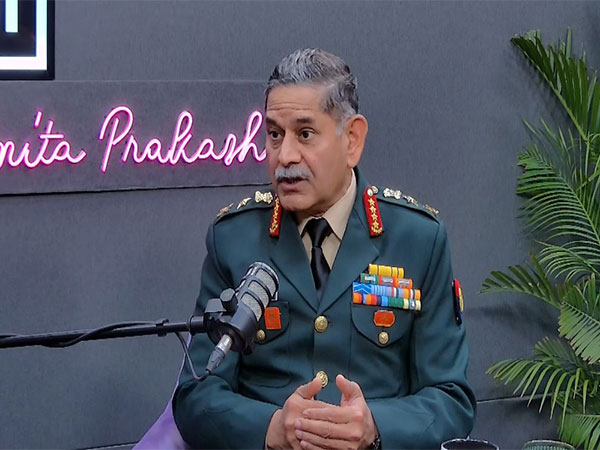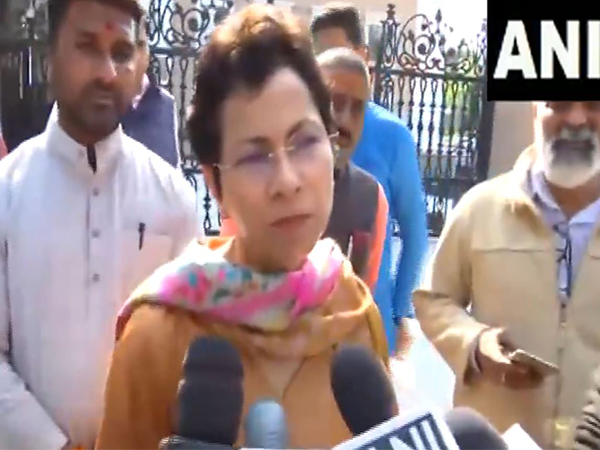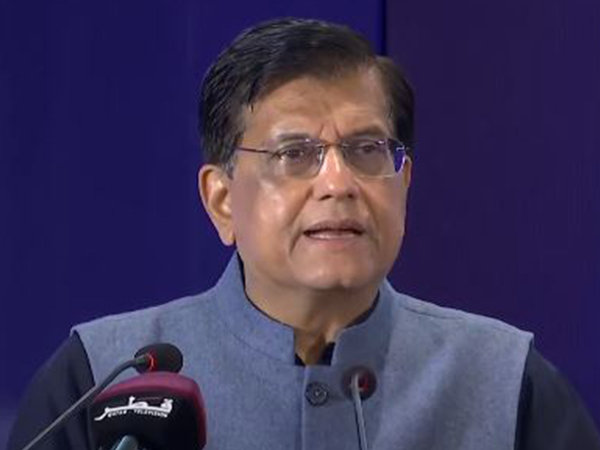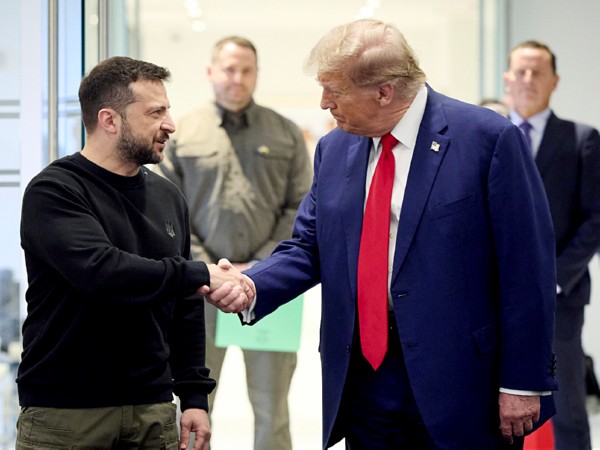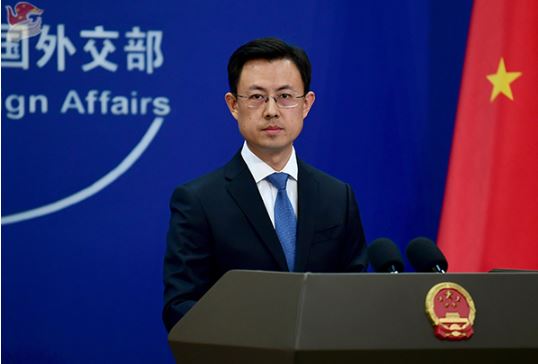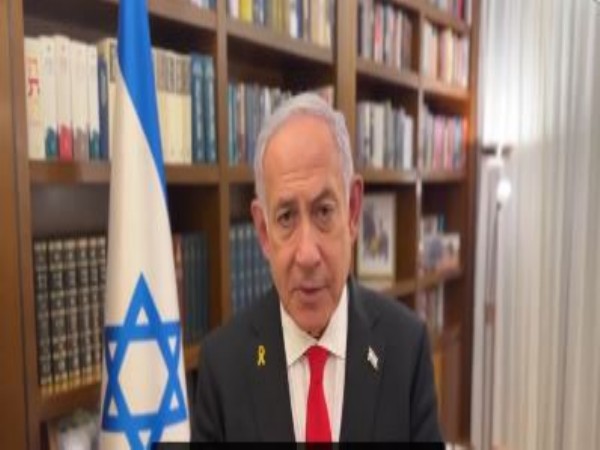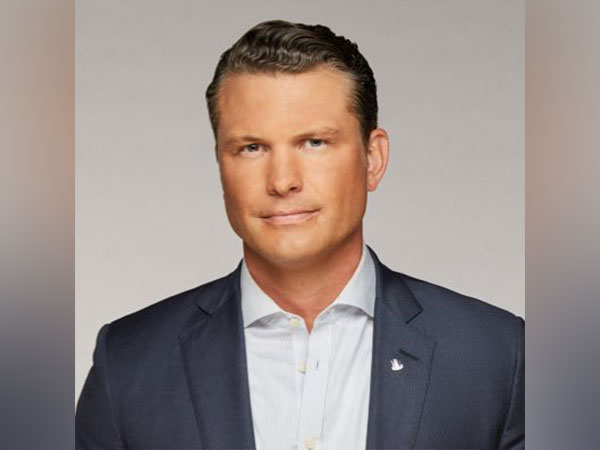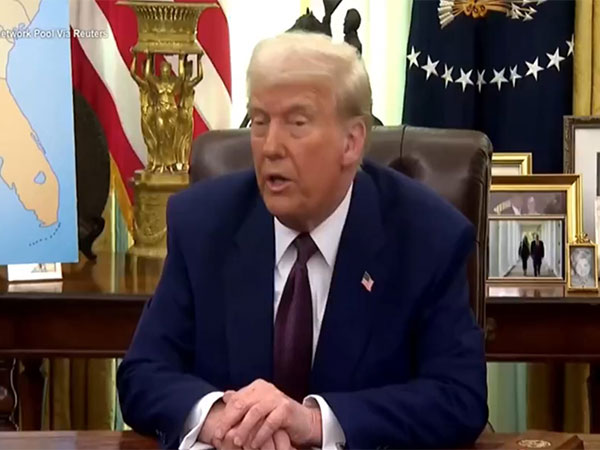
New Delhi [India], February 14 (ANI): Ahead of his bilateral meeting with Prime Minister Narendra Modi, US President Donald Trump again criticized India’s tariff structure, calling the country “a hard place to do business” due to its high tariffs. Speaking at a press conference, Trump noted, “They have the highest tariffs… It’s a hard place to do business.”
Trump’s remarks came in response to a question about a meeting between Tesla CEO Elon Musk and Prime Minister Modi. “They met. I assume he wants to do business in India. But India is a very hard place to do business in because of the tariffs. They have the highest tariffs… I would imagine he met possibly because he is running a company,” Trump said.
Trump also emphasized the need for reciprocal tariffs. Citing India’s past trade policies, he pointed to the case of Harley-Davidson motorcycles. The company, he said, was forced to set up manufacturing units in India to bypass high import duties. “Traditionally, India is right at the top of the pack. There are a couple of smaller countries that are more, but India charges tremendous tariffs,” Trump said. He recalled that Harley-Davidson couldn’t sell their motorbikes in India due to these high taxes and tariffs, leading the company to build a factory there.
Trump reaffirmed his stance that reciprocal tariffs are crucial for fair trade. Under this policy, if a country imposes high tariffs on US goods, the US will impose identical charges on goods imported from that country. “There could be some short-term disturbances, but in the long term, it is going to make a fortune,” he said, asserting that this approach would create jobs and encourage domestic production in the US.
The President also noted that China had already implemented similar policies, which had significant impacts on global trade. “China did it at a level that probably nobody has ever seen before… It is going to mean a tremendous amount of jobs, and ultimately, prices will stay the same,” Trump added.
Discussions on Reciprocal Tariffs with India:
Howard Lutnick, Trump’s nominee for Commerce Secretary, confirmed that studies on implementing reciprocal tariffs are expected to be completed by April 1, 2025. Afterward, Trump could take action as early as April 2. Lutnick explained that if foreign nations reduce their tariffs, US production costs will drop, leading to benefits for American consumers. “Remember, if they drop their tariffs, prices for Americans are coming down, our production is going up, and our costs are going down. It’s a two-way street,” he said.
Analysts warn that reciprocal tariffs could escalate global trade tensions, particularly with countries like India, which maintains an average tariff of around 11% on various goods. Key sectors like steel, aluminum, automobiles, and dairy could face adverse impacts, while India’s semiconductor and pharmaceutical exports are expected to be exempt, offering some relief.
India-US Trade Talks:
During a press briefing following the meeting between PM Modi and Trump, Foreign Secretary Vikram Misri confirmed that the two leaders agreed to begin discussions on trade and tariff-related issues. “The two leaders have agreed today to start discussing trade and tariff-related issues,” Misri said.
Trump, during a separate announcement, reiterated that the US would implement reciprocal tariffs, stating, “They charge us a tax or tariff, and we charge them the exact same.” Reflecting on previous failed attempts to negotiate tariff reductions with India, Trump noted, “I had discussions with India in the first term about their high tariffs, but I was unable to get a concession. So, frankly, it no longer matters to us what they charge.”
Misri highlighted the significance of energy trade, noting that India’s energy purchases from the US amounted to around USD 15 billion last year. He said this could increase to USD 25 billion soon, helping address the trade deficit between the two countries.
Bilateral Trade Agreement:
Misri also mentioned that PM Modi and President Trump had agreed to begin negotiations on a mutually beneficial multi-sector bilateral trade agreement by the fall of 2025. This agreement would aim to strengthen trade across various sectors, including goods and services, market access, tariff reductions, and supply chain integration between the two nations.
The Foreign Secretary said, “This issue did figure in some detail in the discussions, and both countries will take an integrated approach to strengthen bilateral trade.” He added that discussions would include themes like reducing tariff and non-tariff barriers, and increasing market access.
